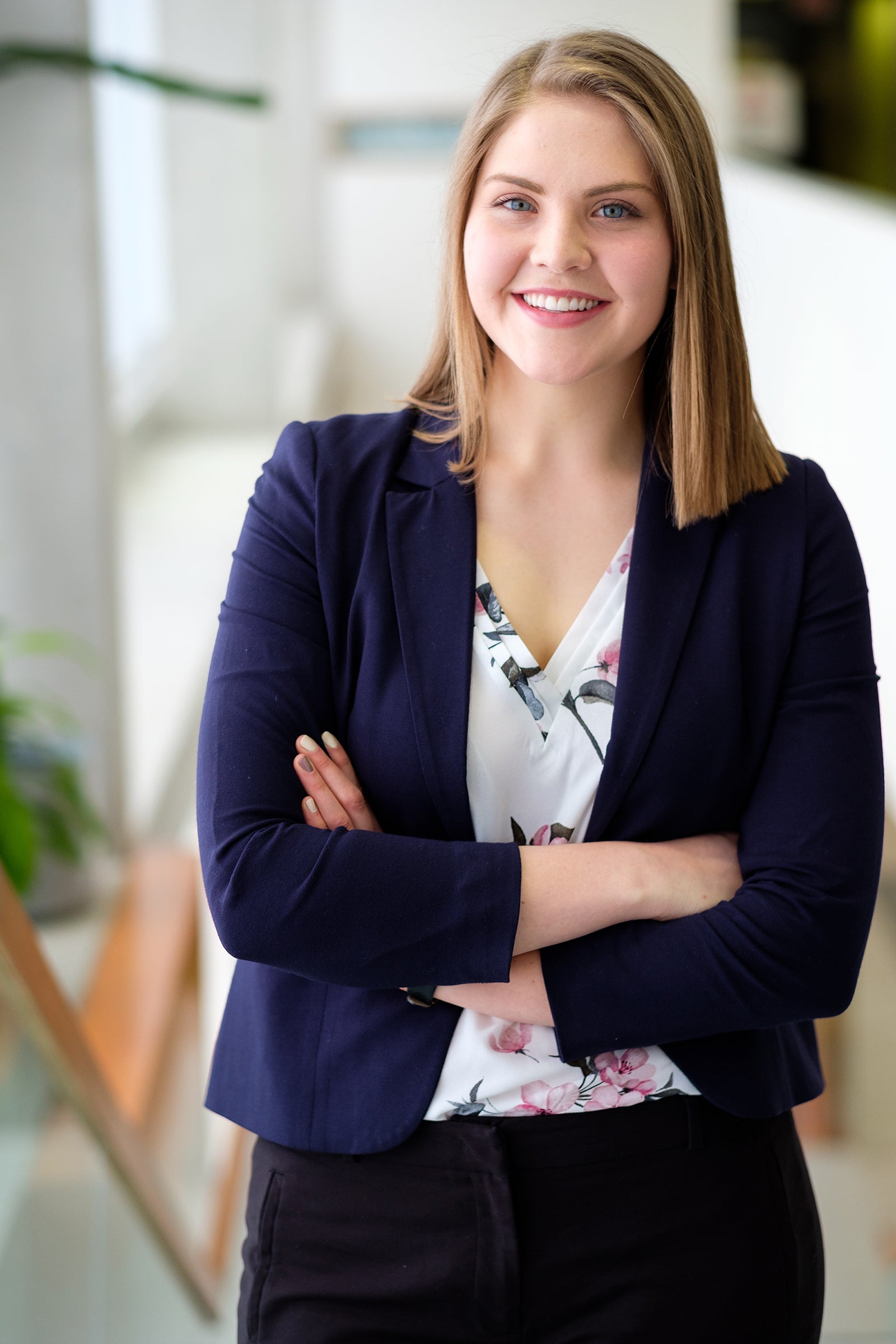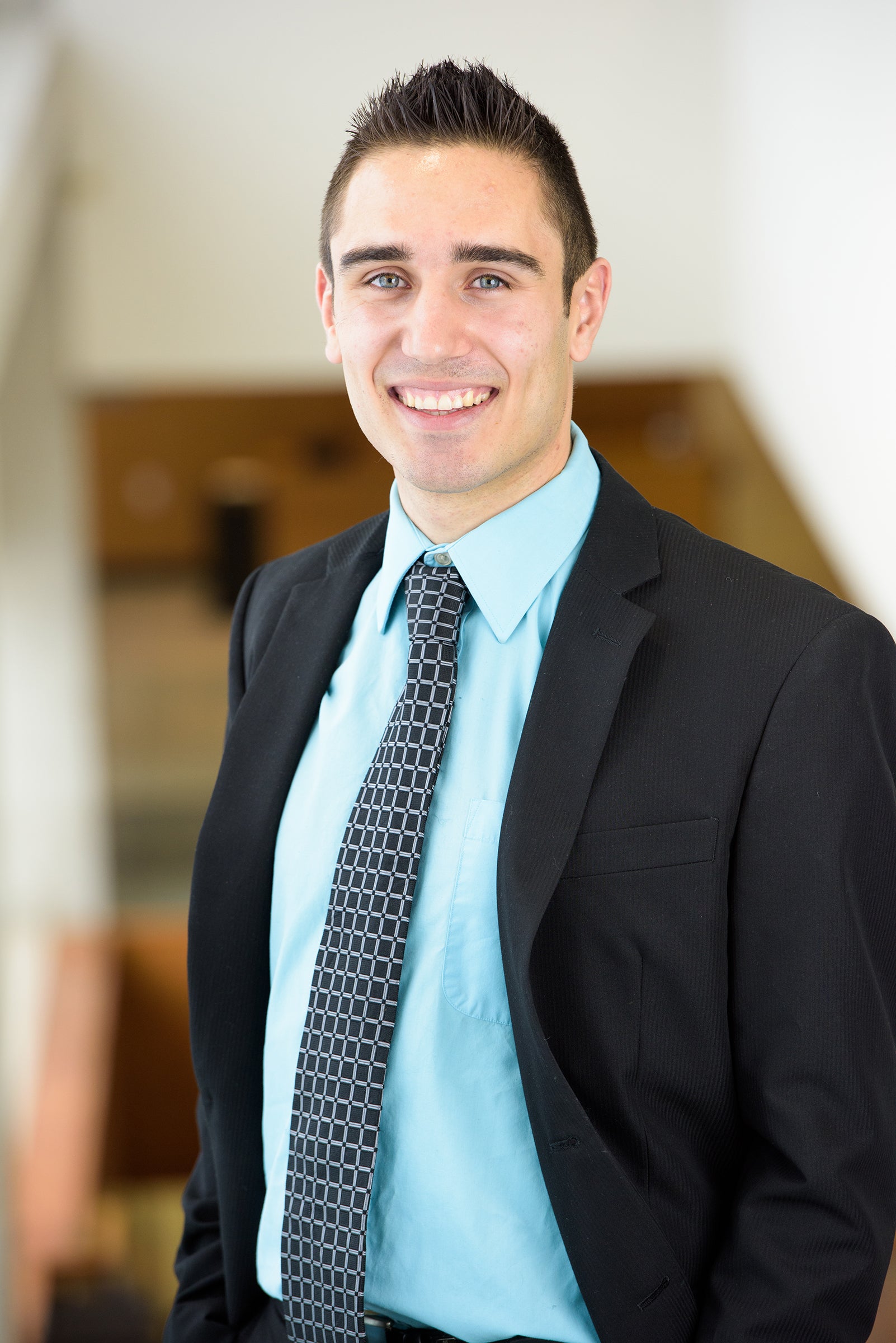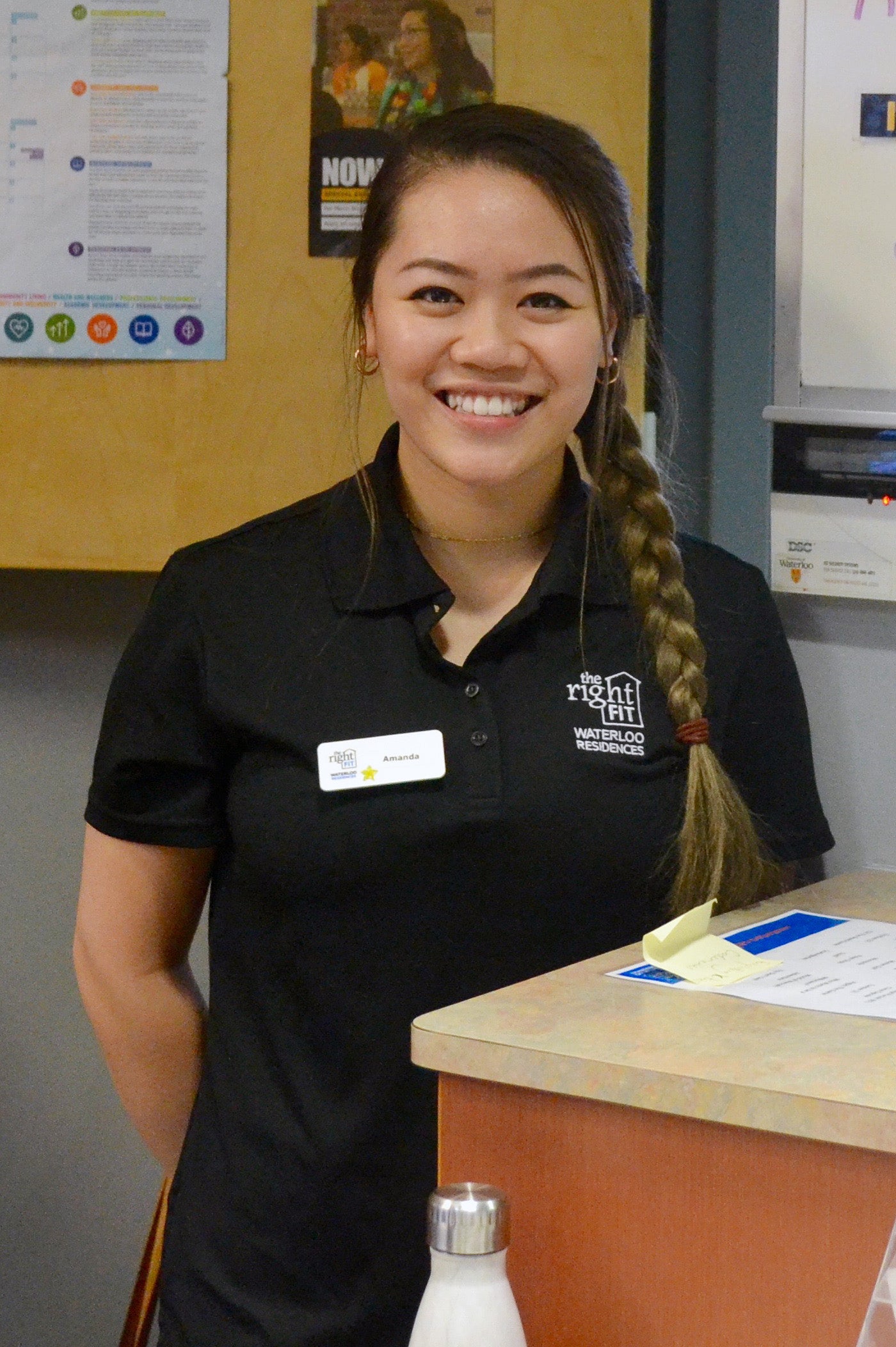
National Co-op and WIL Week celebrates ambitious students
From cancer research to front desk assistant, co-op and EDGE students take centre stage during National Co-op and WIL Week

From cancer research to front desk assistant, co-op and EDGE students take centre stage during National Co-op and WIL Week
By University RelationsMarch 18 to 22 is National Co-op and Work-Integrated Learning (WIL) Week, and the University of Waterloo is celebrating its students’ experience-driven learning opportunities.
More than 22,000 students — approximately 55 per cent of Waterloo’s student population — are currently enrolled in co-op work terms. With the opportunity to develop professional skills by participating in four to six co-op terms, having access to a network of more than 7,000 employers and earning $33,000 to $90,000 — no one does co-op like the University of Waterloo.
Waterloo’s new EDGE program also supports students with real-world work experience. The experiential education certificate program allows Waterloo students in non-cooperative programs an opportunity to develop their professional skills, explore their career options and market themselves to employers.
During National Co-op and WIL week, students Aaron Buckley, Leah Drost and Amanda Truong are being recognized for their outstanding achievements and performance in the fields of experiential learning.
 Leah Drost saw her first work term as an opportunity to step outside of her comfort zone. Having to learn new skills such as interacting with cancer patients and healthcare professionals, researching complex medical material and helping facilitate clinical trials were all new experiences for the health studies student.
Leah Drost saw her first work term as an opportunity to step outside of her comfort zone. Having to learn new skills such as interacting with cancer patients and healthcare professionals, researching complex medical material and helping facilitate clinical trials were all new experiences for the health studies student.
“My very first day was very intimidating,” she says. “I was thrown right in to the role and I had to learn a lot — right away.”
In total, Drost ended up spending three work terms at the cancer clinic. The research she did on post-surgery radiotherapy for cancer that had spread to the bone was published in the Radiotherapy and Oncology medical journal. It also earned Drost the UWaterloo Faculty of Applied Health Sciences Co-op Student of the Year Award.
“I think my supervisor saw me as an investment,” she explains. “Both for my own future growth and for the growth of the research that we were doing.”
Drost insists that the responsibility she took on during her work term allowed her to achieve more than she expected.
 In an effort to stand out during his first work term, Geography and Environmental Management student Aaron Buckley looked for ways where he could make a meaningful difference to his team. Buckley put in extra preparation before meetings, did plenty of background research and read design reports on his own time.
In an effort to stand out during his first work term, Geography and Environmental Management student Aaron Buckley looked for ways where he could make a meaningful difference to his team. Buckley put in extra preparation before meetings, did plenty of background research and read design reports on his own time.
“I learned the language I needed to speak to impress my employer,” says Buckley.
Buckley took initiative where he could, making suggestions along the way to make valuable contributions. Eventually, his employer started to put trust in him, providing him with more opportunities to have a bigger impact.
“The most transferable skills that I learned from my first work term was how to do research on my own and to figure out the answers and solutions to complex problems that I couldn’t necessarily figure out.”
These transferable skills helped Buckley manage a project which lead to a 30 per cent increase in drinking water capacity for a major North American city. His work earned him the UWaterloo Faculty of Environment Co-op Student of the Year Award and a full-time job offer from his employer.
 Currently working as a front desk assistant for Waterloo Residences, Truong believes that experiential education is the best way to prepare for her future career. In her studies, Truong is using different perspectives to explore relationships, communication and the impact of culture. At work, Truong spends her time working with students, staff and visitors at the front desk.
Currently working as a front desk assistant for Waterloo Residences, Truong believes that experiential education is the best way to prepare for her future career. In her studies, Truong is using different perspectives to explore relationships, communication and the impact of culture. At work, Truong spends her time working with students, staff and visitors at the front desk.
For many students, university residence is their first experience living away from home. The first year of university is a very exciting time, filled with new experiences, freedoms, and opportunities. However, being away from home in a demanding academic program can also bring stress and uncertainty. Amanda’s background in sexuality, marriage and family studies makes her the perfect candidate to be on the front lines when addressing problems students encounter.
Through EDGE, Truong is able to apply the skills she’s learning when helping students work through issues, de-escalating situations and offering a supportive touch-point for anyone in the community.

Read more
Meet the 13 exceptional students representing Waterloo’s newest grads

Read more
Waterloo announces winners of annual award for co-op students from each of the six faculties

Read more
Here are the people and events behind some of this year’s most compelling Waterloo stories
The University of Waterloo acknowledges that much of our work takes place on the traditional territory of the Neutral, Anishinaabeg, and Haudenosaunee peoples. Our main campus is situated on the Haldimand Tract, the land granted to the Six Nations that includes six miles on each side of the Grand River. Our active work toward reconciliation takes place across our campuses through research, learning, teaching, and community building, and is co-ordinated within the Office of Indigenous Relations.